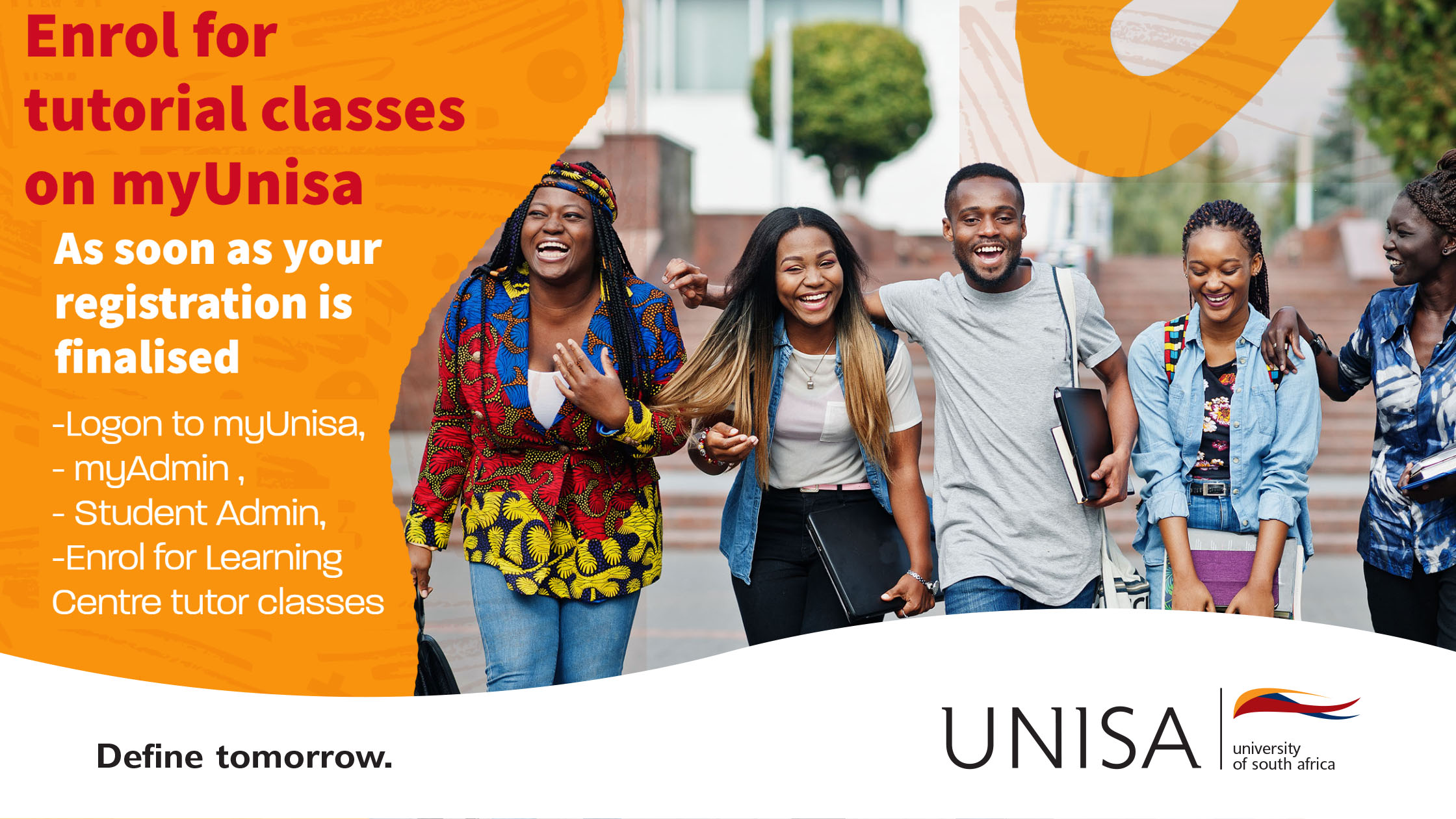North Eastern Region

Key Services
Counselling:
The function of Counselling Services in the Region is to contribute to students’ development and academic success in an ODeL environment through counselling for career, academic and personal development, and trauma. In this unit, we do face-to-face counselling, telephonic counselling, e-Counselling. For more info on counselling services, click here.
Library:
The function of Library Services is to provide clients with information resources that would assist them in their studies or research. To learn more about the library services and related resources, click here.
Student Administration:
The function of Student Administration is to offer the following services: Application & Admissions, Student Funding; Registration; Assessment administration (Assignments and Examinations); Graduations; General student administration; and Student Governance. It also has self-help facilities. For more info on applications and registration related info, please click here.
For more info on administration of assignments and exams, please click here.
For more info on graduations, please click here.
Tutorial services:
The function of Tutorial services is to provide face-to-face tutorial services for mainstream modules and Science Foundation Provision (SFP). The tutorial section plays the role of a link between the student and tutor in relation to the selected modules that a student is studying for. A tutorial is more learner centred and not teacher centred. It is more interactive. A tutor facilitates learning process. Click here for more info on Tutorial Support and click here for other Student Support Activities.
Technology support:
The function of Technology Support service is to integrate technology with teaching and learning in order to enhance students learning experience. The following services are offered to students: access to computer laboratories and use of such computers; video conferencing facilities; computer literacy/skills training; activation of myUnisa and myLife email account; usage of myUnisa tools; support relating to online modules; liaising with community digital access centres; etc.
Academic literacies:
Academic Literacies services are divided into Reading and Writing and Quantitative Literacy. Reading and writing component assists students to sharpen skills in first language and additional language speakers of English with generic and discipline-specific writing. Quantitative Literacy assists students with numeracy skills. The service is available to both undergraduate and postgraduate students. Support is also available for specific modules in the form of one-on-one consultations and group sessions.
Other Supportive Services
Digital Access Centres (formerly telecentres):
Unisa has collaborative agreements with certain digital access centres across the country. Digital access centres are private facilities equipped with computers connected to the Internet, printers, photocopiers, scanners, etc. The collaboration between Unisa and digital access centres is aimed at providing students in remote areas with access to internet/computer facilities, printers, photocopiers, scanners, etc. for academic purposes. At a digital access centre, you can type your assignment; you can access myUnisa portal and mylife email facility; you can access online library; you can access Unisa social media channels; you can search for academic material on the Internet; etc. Digital access centres have onsite administrators to assist students. For updated list of digital access centres, click here.
Mobile Library Bus:
Our region has a mobile library bus that travels to different remote areas to offer library service to students. This is a way of taking library to the people.
Mobile Student Admin Bus:
Our region has a mobile student administration bus that travels to different remote areas to assist current students and prospective students during application and registration period.
Support for students with disabilities:
Our region has facilities for people with disabilities in its computer labs and library. Should you have special needs, please feel free to contact your nearest regional service centre. For more info on facilities for students with disabilities, please click here.
Work Integrated Learning:
Other than providing referral letters to students for their work integrated learning, the region also provides other workshops (e.g. job readiness workshops) and activities (e.g. career fair) aimed at enhancing potential opportunities for students.
Study facilities:
The region has venues of different sizes that students can use for study purposes, meetings and related discussions.
Last modified: Fri Jul 28 17:55:07 SAST 2023